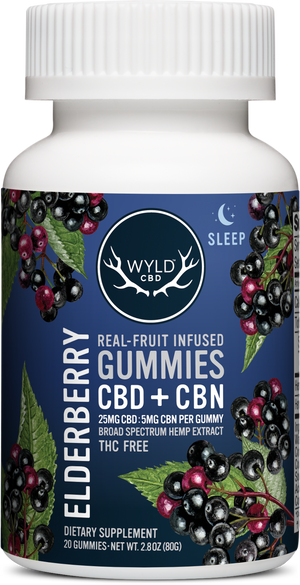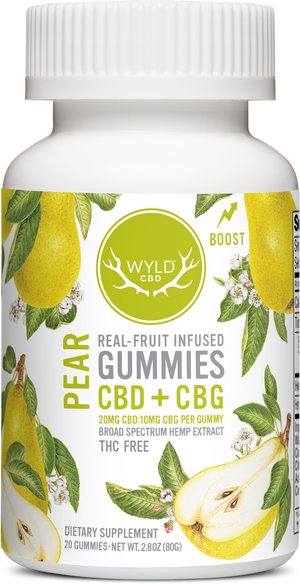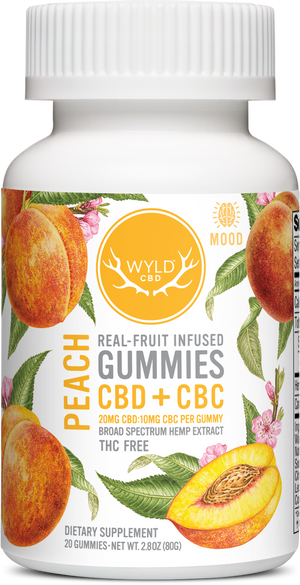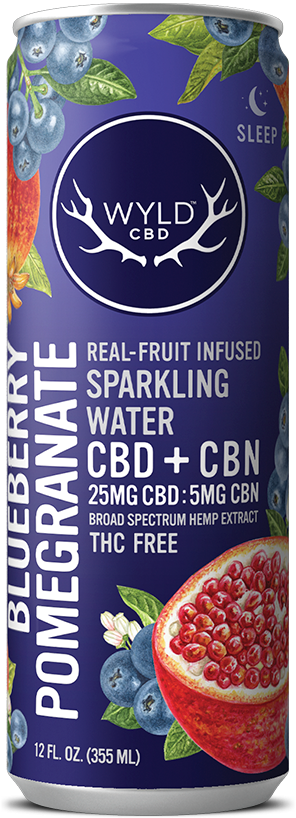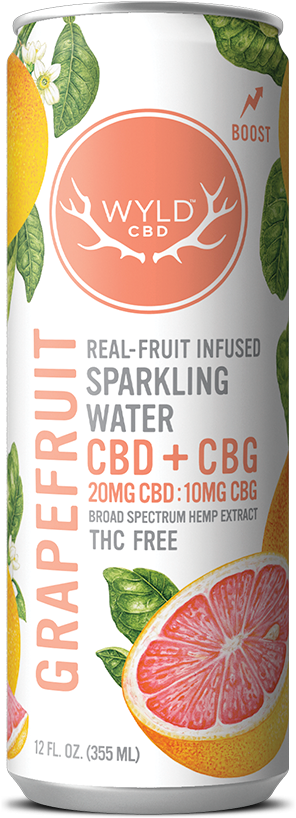-
Scope 1: Calculated, Mobile Combustion was calculated from state-specific spend and mileage data, stationary combustion was calculated from utility bills, EPA facility-type square footage estimations, and on-site facility manager insight, refrigerants used in our delivery vans were recycled when replaced, data was unavailable for on-site refrigeration but to the best of our knowledge no units were recharged in 2020. We will continue to improve the quality of this data moving forward.
-
Scope 2: Calculated, directly from utility bill data for all facilities under operational control, estimates were used for facilities not under operational control by working with our partners to calculate average kwh usage per square foot and partial utility bill data.
-
Scope 3, Category 1: Purchased goods & services - Calculated and accounted for from both direct and spend-estimated data. Emissions associated with operational costs (staff payroll, rent, various insurance, nominal credit card purchases, retirement funds, tax, legal and accounting services) are not included as they would represent an insignificant portion of the total GHG inventory.
-
Scope 3, Category 2: Capital goods - Calculated and accounted for from both direct and spend-estimated data. We will continue to work on improving the quality of this data.
-
Scope 3, Category 3: Fuel- and energy-related activities - Calculated
-
Scope 3, Category 4: Upstream transportation & distribution - Limited sources of upstream transportation and distribution; difficult to disaggregate from Category 1 data regarding purchased ingredients and supplies. We plan on continuous improvement with drilling down on those estimates.
-
Scope 3, Category 5: Waste generated in operations - Calculated from a combination of online account information and facility manager insights. Will continue to improve quality of data and work with partners to better estimate data from facilities not under our operational control.
-
Scope 3, Category 6: Business travel - Calculated based on both direct data from invoices and partial year estimates. Quality of data will continue to improve as we have implemented processes to better organize these data points.
-
Scope 3, Category 7: Employee Commuting - Surveys were not utilized to estimate the data for calendar year 2020. We used both the facility and employee zip codes to calculate an average distance traveled per employee for each facility. We plan on rolling out employee commute surveys to drill down further in the future to improve the quality of the data.
-
Scope 3, Category 8: Upstream leased assets - Accounted for in Scope 1 & Scope 2
-
Scope 3, Category 9: Downstream transportation & distribution - For our THC operations, we deliver our product in company-owned vehicles to the retail shops so those emissions will be accounted for in Scope 1. For NWNG (Hemp CBD), we accounted for direct-to-consumer e-commerce deliveries in the "postal service" & "couriers" sections within Scope 3, Category 1. We have accounted for the emissions associated with transferring our products from NWNG to our various distribution partners, however data is unavailable further downstream at this time. We plan on working with our partners to estimate further downstream to increase the quality of this data.
-
Scope 3, Category 10: Processing of sold products - Non-applicable, excluded
-
Scope 3, Category 11: Use of sold products - Non-applicable, our sold products do not use energy or emit significant GHGs during use.
-
Scope 3, Category 12: End-of-life treatment of sold products - Calculated, we took the total number of units sold by SKU and organized them by material-type to estimate where the materials would end up by relative to the location that they were purchased in. For example, Organics - we made the assumption that the organic material would be consumed, thus no related end-of-life emissions. For Plastics/Cardboard/Paperboard/Aluminum we used the EPA's US recycling rate data from 2018 to estimate the amount of material that would be landfilled vs recycled.
-
Scope 3, Category 13: Downstream leased assets - non-applicable, Wyld did not lease assets to other entities in 2020.
-
Scope 3, Category 14: Franchises - non-applicable, Wyld did not own any franchises in 2020.
-
Scope 3, Category 15: Investments - non-applicable, Wyld did not have any investments required by the GHG Protocol Corporate Standard in 2020.
